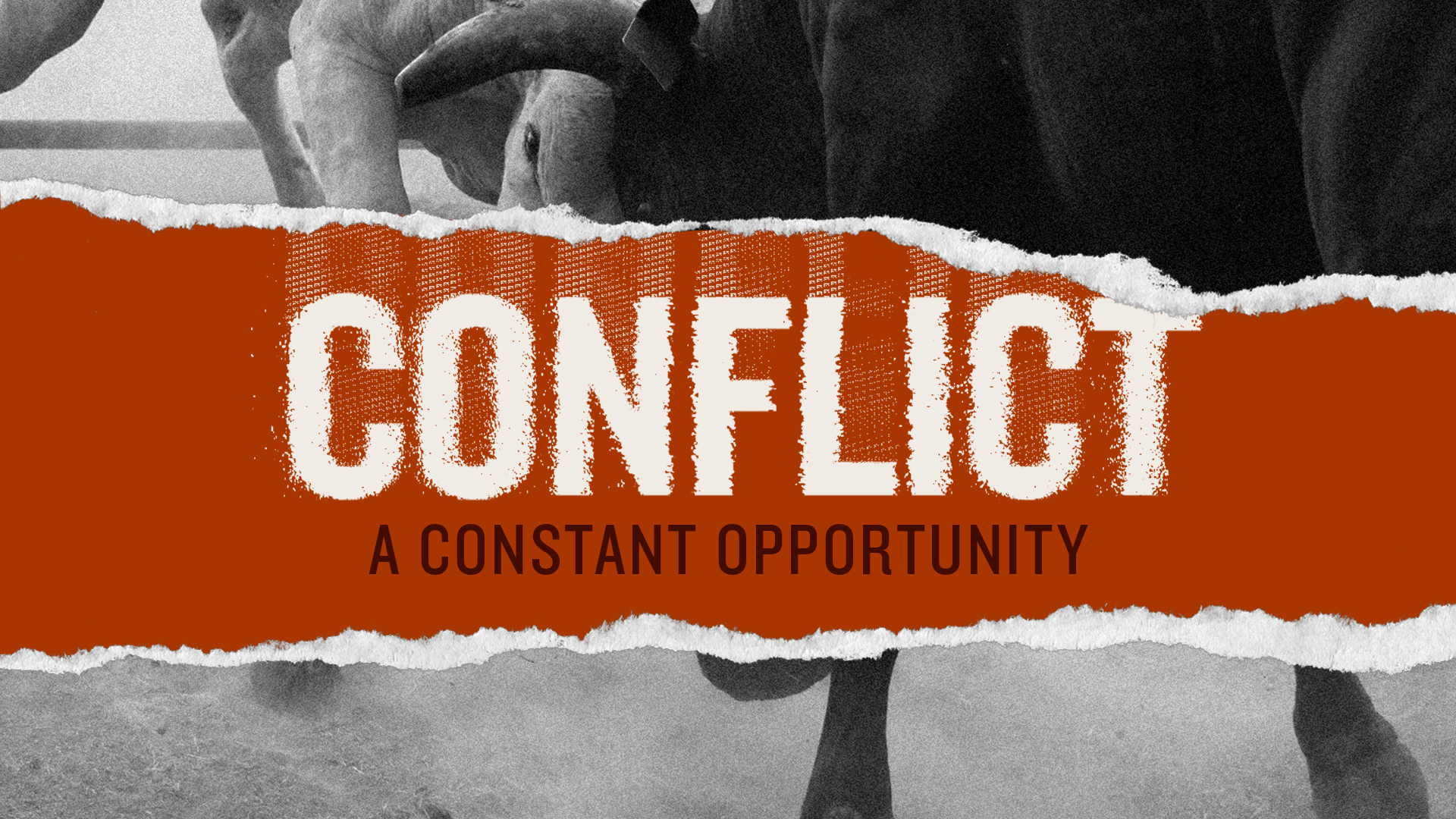When Constant Conflict At The Expense Of Important Issues Had Taken Over The Discourse
In today's fast-paced world, it seems that the discourse surrounding crucial issues has been overshadowed by a never-ending cycle of conflict. This constant conflict at the expense of important issues had taken over the public narrative, diverting attention away from the matters that truly need our focus. As society grapples with pressing challenges, the relentless bickering and division often drown out meaningful conversations that could lead to real change.
From political debates to social media exchanges, it has become increasingly difficult to find common ground. The amplification of conflict often drowns out the voices of those advocating for progress and positive change. It begs the question: how did we reach a point where the constant conflict at the expense of important issues had taken over the conversation? In this article, we will delve deeper into the implications of this phenomenon and explore potential pathways to restore balance and focus.
As we navigate through this chaotic landscape, it is crucial to examine the factors contributing to the prevalence of conflict. Are we, as a society, more interested in sensationalism than in substance? The answers to these questions will reveal the underlying dynamics that have allowed constant conflict to overshadow the pressing issues we face today.
What Are the Key Issues Being Overlooked?
In the midst of constant conflict, several significant issues often go unnoticed. These include:
- Climate change and environmental degradation
- Social inequality and poverty
- Healthcare accessibility and public health
- Education reform and access to quality education
How Has Constant Conflict Affected Public Discourse?
The prevalence of constant conflict has led to a polarization of opinions. When discussions are framed as battles to be won or lost, it becomes increasingly difficult to engage in constructive dialogue. The result is a society that struggles to address the underlying issues that require collective action.
Why Do We Engage in Constant Conflict?
The reasons behind our inclination towards conflict are complex. Factors include:
- Media sensationalism and clickbait culture
- Social media echo chambers
- Political polarization
- Fear of losing one's identity or beliefs
Can We Shift Focus Back to Important Issues?
Shifting the narrative back to important issues requires a conscious effort from individuals, media, and policymakers. Strategies could include:
What Role Does Leadership Play in This Dynamic?
Leadership plays a pivotal role in shaping the discourse. Leaders who prioritize conflict resolution and collaboration can help guide society back to addressing essential issues. Their approach can foster an environment where differing opinions are valued, and collective progress is prioritized.
How Can Individuals Make a Difference?
As individuals, we can contribute to transforming the narrative by:
- Engaging in conversations that challenge the status quo
- Listening actively to opposing viewpoints
- Advocating for important issues through volunteer work or activism
- Supporting media that focuses on substantive reporting
What Are the Consequences of Ignoring Important Issues?
The consequences of neglecting crucial issues can be dire. For example:
- Worsening climate crises leading to natural disasters
- Increased social unrest due to inequality
- Declining public health outcomes
- Failure to prepare future generations through inadequate education
In conclusion, the constant conflict at the expense of important issues had taken over our public discourse, creating an environment where meaningful change is stifled. It is imperative that we collectively recognize the detrimental effects of this trend and take proactive steps to prioritize the issues that matter most. Only by fostering open dialogue and emphasizing collaboration can we hope to address the pressing challenges of our time.



ncG1vNJzZmixn6PAtr7IZqWeq6RjsLC5jq2pnqaUnruogY6cpqerpJa7tXnCqKWfpJmYwW6t02aroZ1dmsWxsc2snGanlmK2rrzOq6uapqRitrS%2F1J6qZqCRmXq1rcqepWanppq%2FbsDHnmWhrJ2h